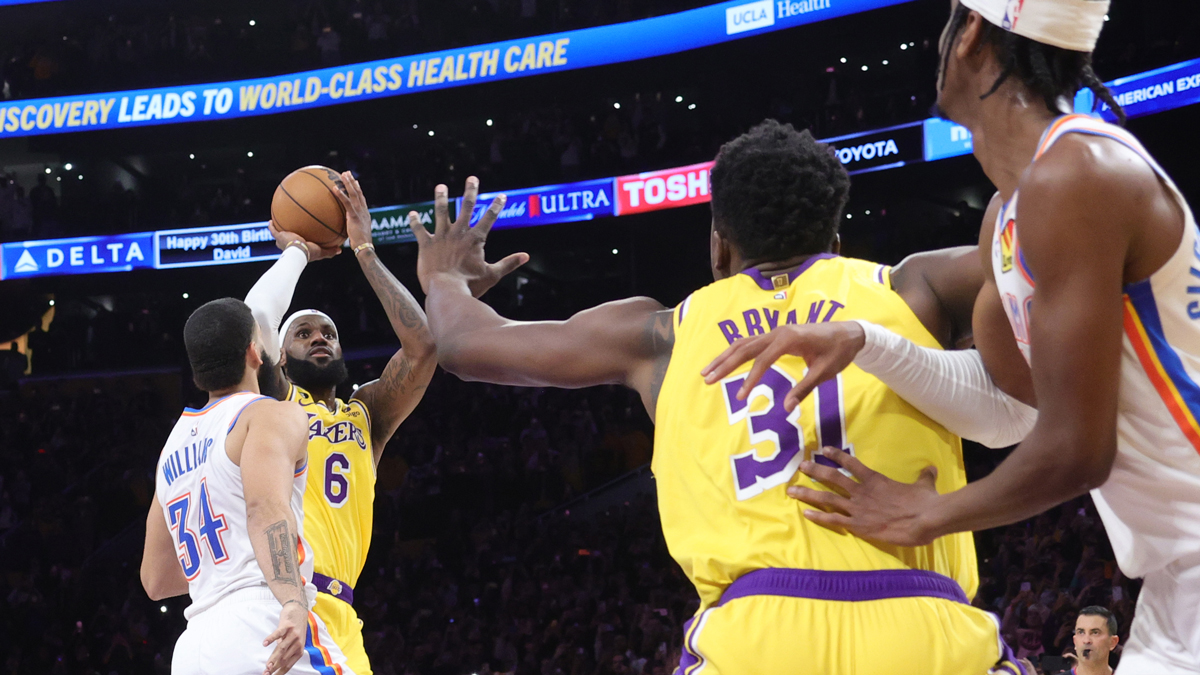
Have you ever wondered how bookmakers set odds for your favorite sports events? Well, it’s time to unveil the fascinating world of oddsmaking! In this blog post, we’ll delve into the art and science behind setting odds, the evolution of oddsmaking, the role of data analysis, and the future trends shaping this captivating industry. Buckle up and get ready for an informative journey through the world of sports betting odds!
The Art of Oddsmaking
Oddsmaking is an intricate process to balance the action on both sides of a wager, ensuring that sports betting odds do not always reflect the real probability of an event. For instance, NBA betting odds are not simply a representation of which team is more likely to win, but rather a delicate balance created by bookmakers to attract equal betting action on both sides. This helps bookmakers minimize their risk and make a profit from the bets placed.
While moneyline, or American odds, are the most popular format for NBA betting, NBA bettors can also find decimal and fractional odds when preparing for an NBA game. Mastering the art of finding value in these different types of NBA odds can significantly increase your chances of winning. For example, when there’s a difference between the actual probability of an event and the implied probability from the sports odds, that’s a golden opportunity to make a wager.
The Evolution of Oddsmaking
The process of oddsmaking has come a long way, dating back centuries when sports betting was merely a backroom activity. In the 1940s, Charles McNeil, a professional bettor and bookmaker, is believed to have created the point spread, which has since become an integral part of sports betting. Back in the day, oddsmakers would huddle in dimly lit backrooms of Las Vegas, scribbling on chalkboards to create moneyline odds and other betting lines.
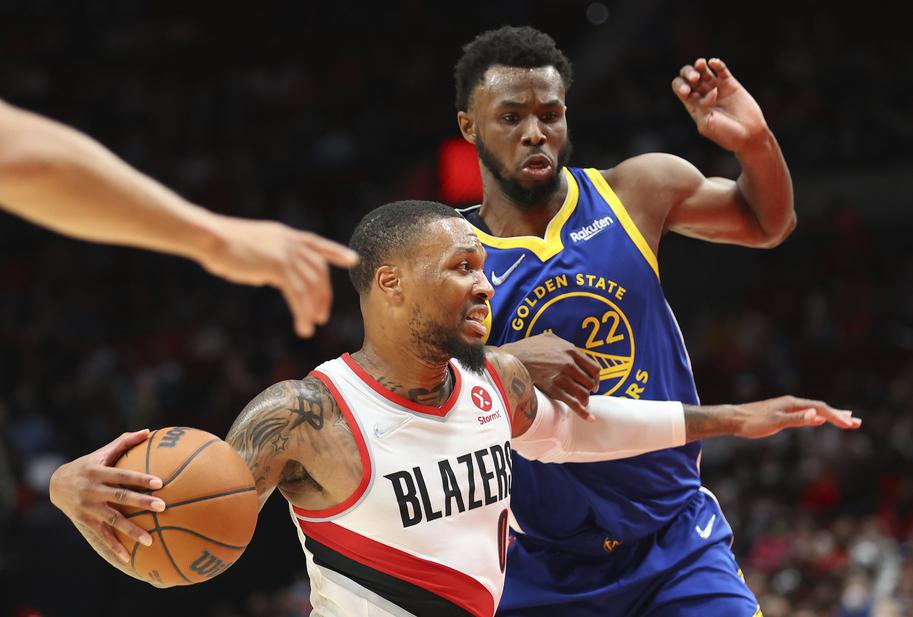
Fast forward to today, and oddsmaking has become a sophisticated and technologically driven process. Gone are the days of backroom bookmakers and bets placed over the phone. Now, technology, data analysis, and a team of experts, including mathematicians, statisticians, and risk managers, collaborate to create the most accurate and enticing betting lines.
The rise of online sportsbooks and the expansion of legal sports betting have made this fascinating world even more accessible to bettors.
Key Players in Oddsmaking
The art of oddsmaking would not be possible without the expertise of various key players in the process. Bookmakers, mathematicians, statisticians, and risk managers work together to create the sports betting lines that entice bettors to place their wagers. Mathematicians and statisticians use their skills to analyze trends and harness the power of computing to generate accurate odds and lines for events like NBA games.
Analysts also play a significant role in oddsmaking by researching each market in detail, accounting for factors such as player injuries and team selections. They also create prop bets for various events, which offer bettors additional betting options.
The collaboration of these experts, along with a comprehensive understanding of the market, results in more precise lines and odds, ensuring a thrilling betting experience for sports enthusiasts.
Calculating Odds: Methods and Tools
To calculate odds, bookmakers employ a range of methods and tools, such as power ratings, ranking systems, data analysis, and trend identification. These techniques help determine the probability of outcomes and create accurate odds, making it easier for bettors to find value in NBA betting or other sports wagering events.

There are three main types of bets: moneyline (American odds), decimal odds, and fractional odds, each with its own method of calculating implied probability and potential winnings. For example, to calculate implied probability using decimal odds, simply divide 1 by the decimal odds. To determine potential winnings with decimal odds, multiply the odds by your stake and then subtract the stake.
By understanding these different types of odds and their calculations, bettors can make more informed decisions and increase their chances of winning.
Power Ratings and Ranking Systems
Power ratings and ranking systems are essential tools in the oddsmaking process. They help compare team strength and performance by considering factors such as individual player performance, schedule, and other variables. Power ratings enable bookmakers to set competitive prices, while helping bettors find value in the markets.
Before the rise of online sportsbooks, power rankings were calculated by combining player performance, schedule, and team performance, using traditional sports stats and other factors. Today, with advanced technology and data analysis, power ratings have become even more accurate and valuable for both bookmakers and bettors.
Data Analysis and Trend Identification
Data analysis and trend identification play a crucial role in oddsmaking. By analyzing historical data and current information, bookmakers can predict future outcomes and set odds accordingly. This level of precision is particularly important in sports betting, where odds need to be adjusted in real-time to reflect the ever-changing dynamics of the game.
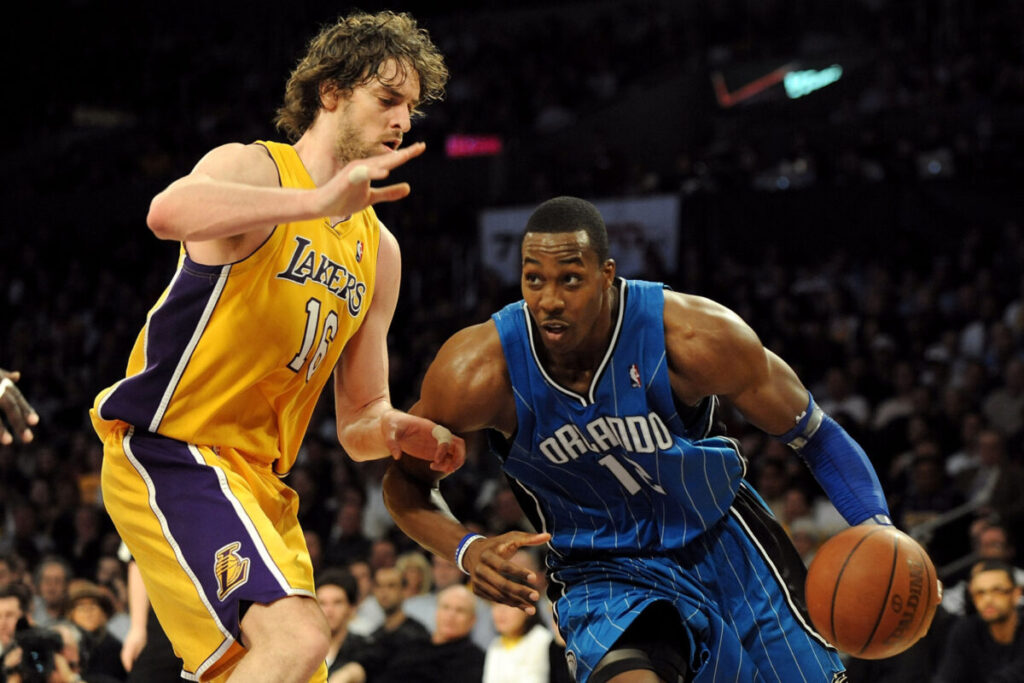
For bettors, understanding how data analysis and trend identification influence odds can provide valuable insights for making informed decisions. By keeping an eye on line movement and market forces, bettors can make the most of their wagering opportunities and potentially increase their chances of winning.
Balancing the Betting Action
Balancing the betting action is a critical aspect of oddsmaking, as it ensures profitability for bookmakers and mitigates risk. To achieve this balance, bookmakers need to understand concepts such as vigorish, overround, and line movement. As bets are placed and the betting action changes, bookmakers adjust the odds in real-time to attract equal action on both sides of a wager, thus minimizing their risk.
In-play betting presents an opportunity for savvy bettors to gain an edge over the sportsbook. By placing wagers before the bookmaker has had a chance to adjust the odds, bettors can capitalize on valuable opportunities and potentially increase their chances of winning.
Understanding Vigorish and Overround
Vigorish and overround are two methods used by bookmakers to ensure a profit by tilting the odds in their favor and balancing the action on both sides of a bet. Vigorish, also known as the “juice,” is the extra edge that sportsbooks add to the odds to ensure they make a profit. On the other hand, the total book percentage exceeds 100%, which bookies use to their advantage.
By understanding strength and overall, bettors can better comprehend how bookmakers manipulate the odds to make a profit. This knowledge can help bettors make more informed decisions when placing bets, increasing their chances of finding good value and potentially winning.
Line Movement and Market Forces
Line movement refers to the changes in odds or point spreads for a particular event, influenced by factors such as betting action, public opinion, and news related to the event. Market forces, on the other hand, refer to the factors that affect these changes, including the amount of money bet on an event and external factors that sway public opinion. Sportsbooks use market forces to adjust the odds and balance the market, ensuring their profitability and minimizing risk.
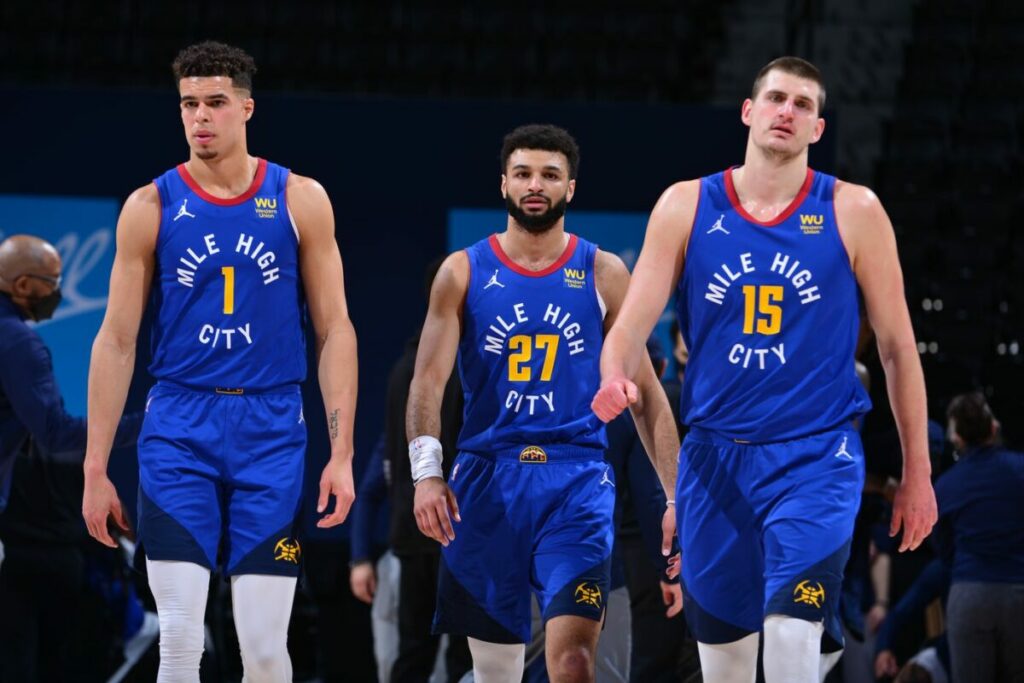
For bettors, understanding line movement and market forces can be a valuable tool in making informed betting decisions. By monitoring line movement and recognizing market forces at play, bettors can capitalize on opportunities that arise and potentially increase their chances of winning.
Outsourcing and Copying Odds
Outsourcing and copying odds are common practices among sportsbooks, as they can save money and resources. Instead of creating their own odds, many sportsbooks rely on third-party oddsmaking firms or simply copy the odds offered by other bookmakers. This practice is prevalent in the industry, with the ultimate decision-maker for the odds and lines at each sportsbook being someone within the organization.
Unique lines and exotic bets, on the other hand, provide sportsbooks with a competitive advantage by offering bettors a wider range of sports betting options. These bets are created using a combination of oddsmaking software and in-house oddsmakers, who analyze data and trends to adjust the odds accordingly.
Third-Party Oddsmaking Firms
Third-party oddsmaking firms provide sportsbooks with odds and lines based on a combination of proprietary algorithms, data analysis, customer tendencies, injuries, and price comparisons. These firms offer a cost-effective solution for sportsbooks, enabling them to focus on other aspects of their business while still providing competitive odds for their customers.
While outsourcing oddsmaking to third-party firms may save resources for sportsbooks, it also raises questions about the level of competition and transparency in the industry. As more sportsbooks rely on these firms for their odds and lines, bettors may find it increasingly challenging to find unique betting opportunities and value in the odds offered.
Unique Lines and Exotic Bets
Unique lines and exotic bets are created by bookmakers using oddsmaking software and in-house oddsmakers. These bets offer bettors additional betting options and often come with higher payouts, attracting more interest from bettors. Some examples of unique lines and exotic bets include prop bets, which involve betting on specific events or occurrences within a game, and futures bets, which allow bettors to wager on the outcome of a sports event or season far in advance.

By offering unique lines and exotic bets, sportsbooks can differentiate themselves from their competitors and provide bettors with a more diverse and interesting betting experience. This ultimately benefits both the bookmakers and the bettors, as it creates more opportunities for bettors to find value and potentially win big.
The Future of Oddsmaking
The future of oddsmaking will likely see a greater reliance on automated methods, algorithms, and the growing importance of ‘numbers guys’ who possess expertise in data analysis, statistics, and risk management. As technology continues to advance and the sports betting industry evolves, the need for experts in these fields will only increase, further reducing the human element in oddsmaking and potentially leading to even more accurate and precise betting lines.
While automation and advanced algorithms may improve the accuracy and efficiency of oddsmaking, they also raise concerns about fairness and transparency in the industry. As bookmakers increasingly rely on technology and data-driven methods to set their odds, bettors may find it more challenging to identify value and make informed decisions. It remains to be seen how the industry will adapt and strike a balance between these technological advancements and maintaining a fair and level playing field for bettors.
Automated Methods and Algorithms
Automated methods and algorithms are poised to play a significant role in the future of oddsmaking. Sportsbooks will increasingly rely on technology to set odds, analyze trends, and predict outcomes with greater accuracy and efficiency. These computer-based systems use predictive analytics and data analysis to provide more precise betting odds and help bookmakers manage risk more effectively.
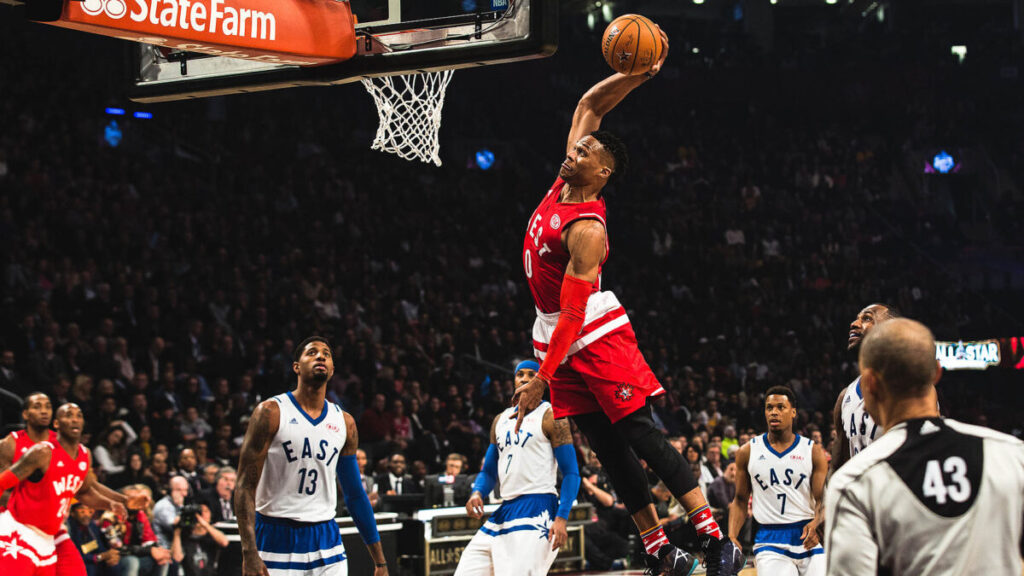
While the adoption of automated methods and algorithms in oddsmaking may lead to increased accuracy and efficiency, it could also give bookmakers an unfair advantage over bettors. As the industry continues to evolve, it will be important for regulators and stakeholders to ensure that technological advancements do not compromise the integrity and fairness of sports betting.
The Growing Importance of ‘Numbers Guys’
The growing importance of ‘numbers guys’ in the oddsmaking industry highlights the need for experts in data analysis, statistics, and risk management to create accurate betting lines. These professionals analyze data and trends to make more accurate odds, ultimately reducing the human factor in oddsmaking.
As the sports betting industry continues to evolve and adopt new technologies, the demand for ‘numbers guys’ will likely increase. Their expertise in data analysis, statistics, and risk management will become even more valuable in shaping the future of oddsmaking and ensuring a fair and competitive betting environment for all involved.
Tips for Bettors: Finding Value in Odds
Finding value in odds is crucial for bettors looking to make informed decisions and increase their chances of winning. Some useful tips for bettors include line shopping, comparing odds, and understanding implied probability. By employing these strategies, bettors can identify value in the odds offered by sportsbooks and make better decisions when placing their wagers.
For example, line shopping involves checking out the odds offered by different sportsbooks to get the best value. Comparing odds across multiple sportsbooks can help bettors find the most advantageous betting opportunities and potentially increase their chances of winning. Additionally, understanding implied probability can help bettors gauge the genuine chances of an outcome and determine whether a stake is worth placing.
Line Shopping and Comparing Odds
Line shopping and comparing odds across multiple sportsbooks can help bettors find the best value and increase their chances of winning. To make the most of line shopping, bettors should consider signing up with multiple sportsbooks and using odds pages to compare the odds on offer for their chosen market.

By comparing odds, bettors can identify the best opportunities for placing their wagers, potentially leading to higher returns on their bets. Additionally, line shopping can also help bettors take advantage of promotional offers such as enhanced odds and free bets, which can further boost their chances of winning.
Understanding Implied Probability
Understanding implied probability is crucial for bettors to make informed betting decisions. Implied probability is a measure of how likely an outcome is to happen, expressed as a percentage. By understanding implied probability, bettors can gauge the genuine chances of an outcome and determine whether a stake is worth placing.
To calculate implied probability for different types of odds, bettors can use various formulas depending on the odds format, such as decimal, fractional, or American odds. By mastering these calculations, bettors can better assess the value of the odds offered by sportsbooks and make more informed decisions when placing their bets.
Summary
In conclusion, oddsmaking is a fascinating and complex process that has evolved significantly over the years. From its humble beginnings in back rooms to the advanced algorithms and data-driven methodologies of today, oddsmaking continues to shape the sports betting landscape.
As bettors, understanding the intricacies of oddsmaking and employing strategies to find value in odds can greatly enhance our betting experience and potentially increase our chances of winning. So, the next time you place a wager, remember the art and science behind the odds and make the most of the opportunities that oddsmaking presents.
Frequently Asked Questions
How accurate are bookmakers’ odds?
Bookmakers odds can be very accurate, as they have access to a great deal of information and resources that enable them to put together precise probabilities for each horse’s chances of success. While they may not be 100% accurate, they give a very good indication of what the outcome of a race may be.
However, it is important to remember that these odds are not infallible and that there are other factors that can influence the outcome of a race. It is therefore important to consider all the information available before placing a bet.





